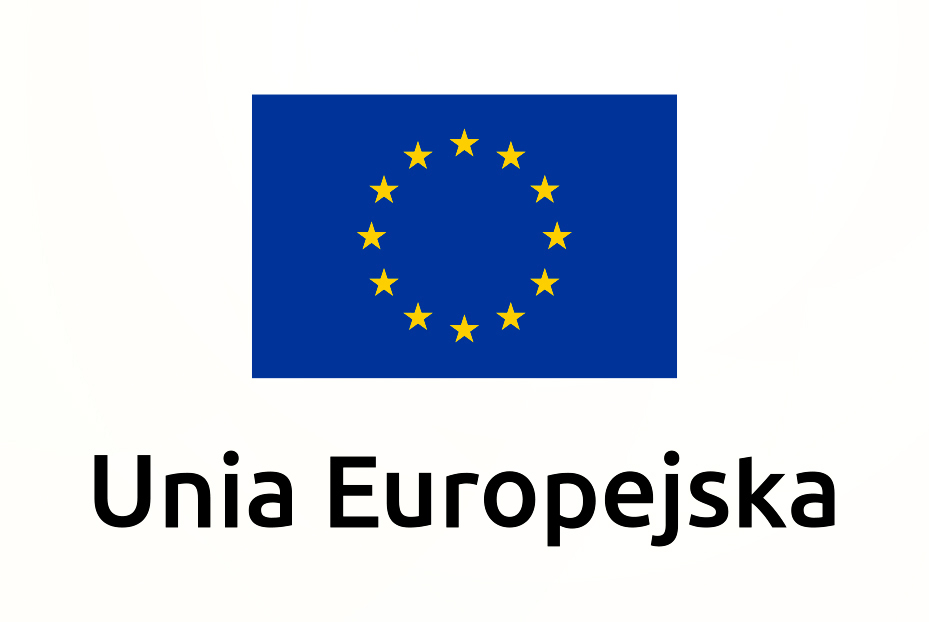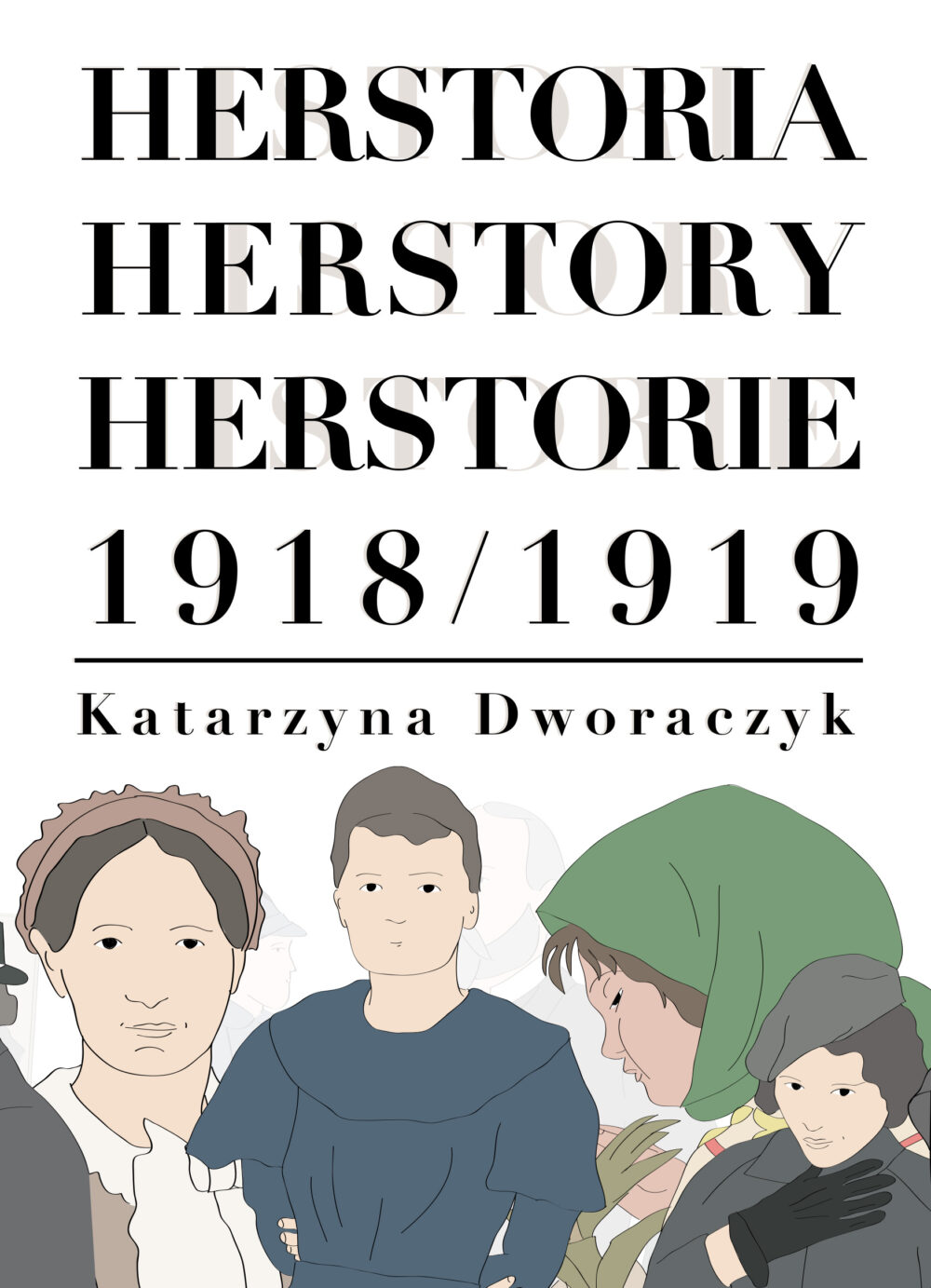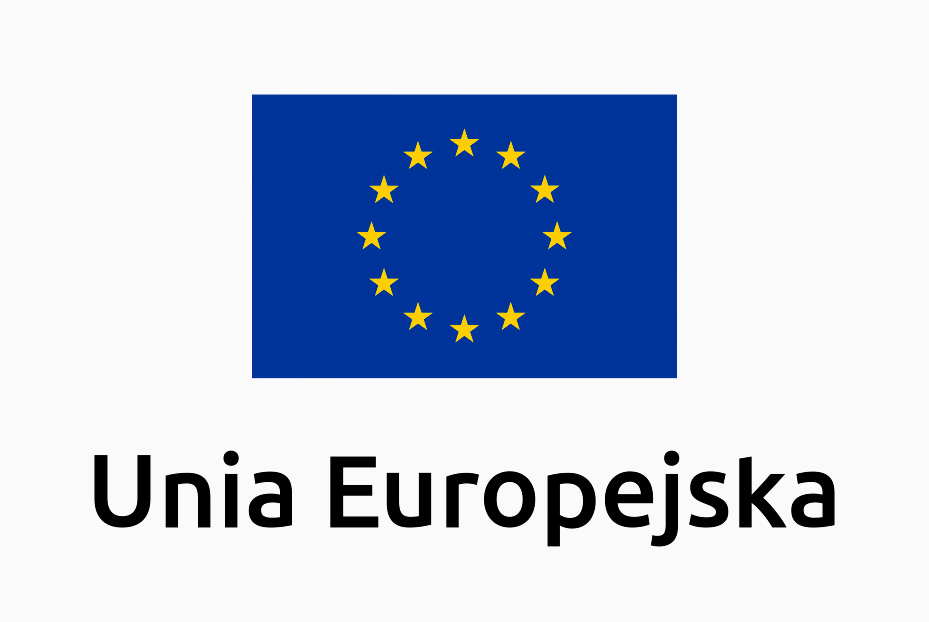We proudly announce the premiere of Katarzyna Dworaczyk’s book Herstoria 1918/1919. It is a story in three languages about the contribution of women to the restoration of Poland's independence in 1918. The book's many illustrations offer snapshots from the lives of the first women soldiers, scientists, students, couriers, or doctors. It tells the story of what the first female students were struggling with, for example why they had to prove that studying does not lead to breast drying, that a woman can have a doctorate and that intellectual development does not cause the disappearance of the "mother organ". It also tells us how much dynamite could fit into a corset and how many copies of the Woman and Socialism book fit under Maria Piłsudska's skirt; there were 75 of such copies and the broken baleens were eating into the courier's body. A large part of the book is dedicated to women from Wielkopolska. The chapter devoted to these women tells the story of Iłłakowiczówna, her meeting with suffragettes, her first struggles with politics and the desk that did not fully covered her legs. Now that women can finally study, jog, show their legs, work as doctors and professors, vote, make decisions about their children, and file for divorce, the book reminds us that these changes have been made possible by specific women. The book bows to them and complements this great story, the herstory of great women.
At the meeting, the book's author Katarzyna Dworaczyk will talk about the writing process. Marta Mazurek will share her advice on how on a daily basis we can ensure equality in social, political and economic life. Małgorzata Praczyk will talk about memory, about what and why we remember and how it is connected with exclusion and restoring the memory of and to women. Prof. Alexander Urban will share insights on the experience of translating the book and moreover talk about the German herstory.
An excerpt of the introduction to the book by Agata Araszkiewicz:
“‘Dynamite fit perfectly well with a corset’, the statement by Aleksandra Piłsudska is the covert motto of the book. The image of ‘dynamite’ and ‘corset’ should in fact be a feature of our general perception of history and women, about their absence from so-called grand History. This might be moreover a feature of our thinking about ‘herstory’, which attempts to restore the memory of women, who are excluded from collective memory. What was the 19th century political fashion that the Polish women infected all of Europe with? What did you have to do to be able to study philosophy as a woman or to study at all? What stratagems did women have to employ to become soldiers? Why was it so difficult even for suffragettes to talk about female sexuality? Each era developed its own ideal of femininity, which was a repressive pattern negating the actual experience of women. We no longer wear corsets, but we still need dynamite, which this book no doubt is!”
participants: Katarzyna Dworaczyk, Marta Mazurek, Małgorzata Praczyk, Alexander Urban
Write a Chapter of Herstory - competition:
There are 20 books to be won. We welcome students and all those who are interested in herstory. We are waiting for Herstorical stories about Poznań or Wielkopolska. Tell us about ordinary and out-of-the-ordinary women's initiatives in Poznań between 1914 and 1921 and describe them. Selected submissions will be awarded with a copy of Herstoria 1918/1919.
Please submit your texts to the address katarzyna@grl.zone by 25 February 2020. Please provide your name and surname, e-mail address and telephone number together with the statement: I agree to the processing of personal data. The data will be processed only for the purposes of the competition.


